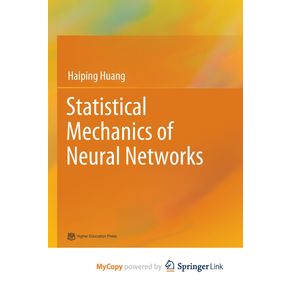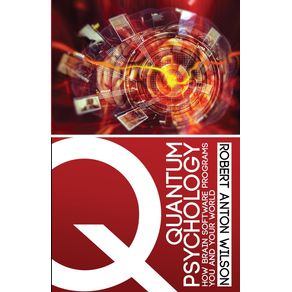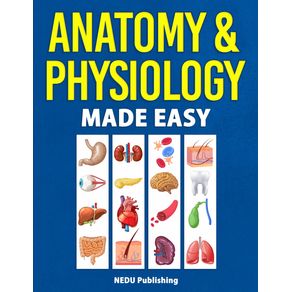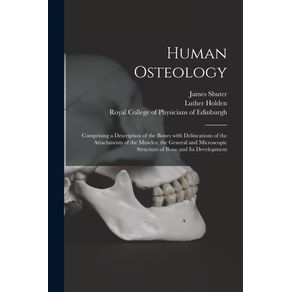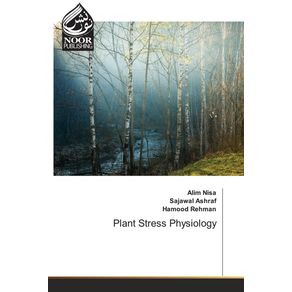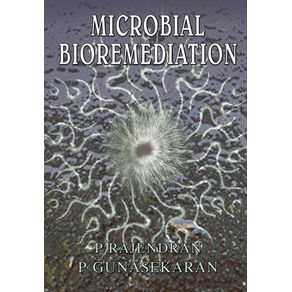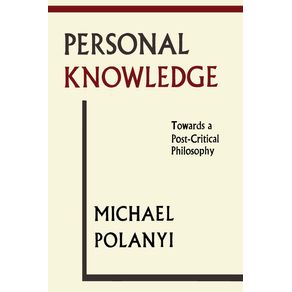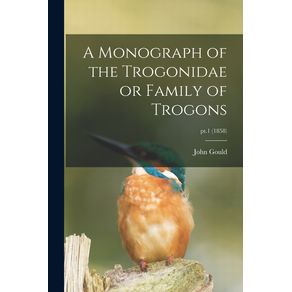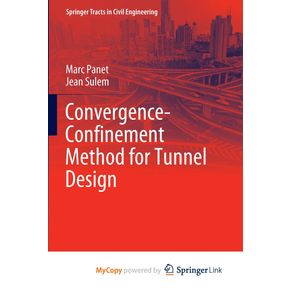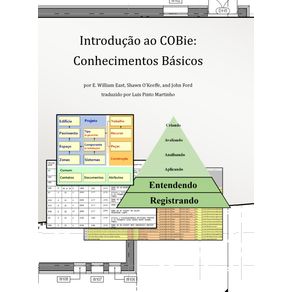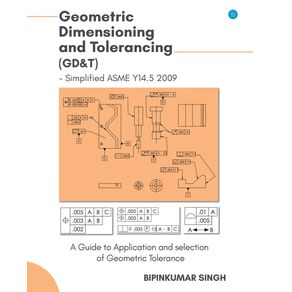-
DEPARTAMENTOS
- ANIMAIS DE ESTIMAÇÃO
- ARTES
- AUTO AJUDA
-
BEM ESTAR E LAZER
-
CATEGORIAS
-
-
CULINÁRIA E GASTRONOMIA
-
CATEGORIAS
-
-
ESPORTES
-
CATEGORIAS
-
- INFANTIL
-
RELIGIÃO
-
CATEGORIAS
-
- ADMINISTRAÇÃO E NEGÓCIOS
-
CIÊNCIAS BIOLÓGICAS E NATURAIS
-
CATEGORIAS
-
- DIREITO
- ECONOMIA
-
MEDICINA
-
CATEGORIAS
-
-
TODOS DEPARTAMENTOS
-
INTERESSE GERAL
-
LIVROS TÉCNICOS
-
- IMPORTADOS
Extracellular Matrix Remodeling
Cód:
491_9783039216284
Extracellular Matrix Remodeling
Autor:
Editora:
Código:
491_9783039216284
Vendido e entregue por Um Livro
The extracellular matrix (ECM) is where cells live. It is composed of collagen and elastic fibers, glycosaminoglycans and proteoglycans, and several glycoproteins. In most tissues, fibril-forming collagen type I is the major constituent of ECM.The function of the ECM goes beyond providing mechanical support to cells and tissues. As cells are embedded into the ECM and interact with its components through their surface receptors, cell–ECM interaction plays a key role in influencing different cell activities, such as cell proliferation and migration. The ECM also sequesters and releases growth factors affecting important cellular pathways. Overall, the ECM strongly influences and affects cell behavior and tissue homeostasis.ECM is a highly dynamic structural network that continuously undergoes controlled remodeling mediated by matrix-degrading enzymes, the matrix metalloproteinases (MMPs), under normal conditions.Quantitative and qualitative deregulation of ECM remodeling and, especially, of collagen turnover, is responsible for the alteration of ECM composition and structure, associated with the development and progression of several pathological conditions, such as organ fibrosis (determined by the abnormal accumulation of ECM components) and tumor invasion.The understanding of the diverse biological roles and properties of the ECM components is pivotal to the development of new therapeutic tools for disease treatment.
Veja mais




